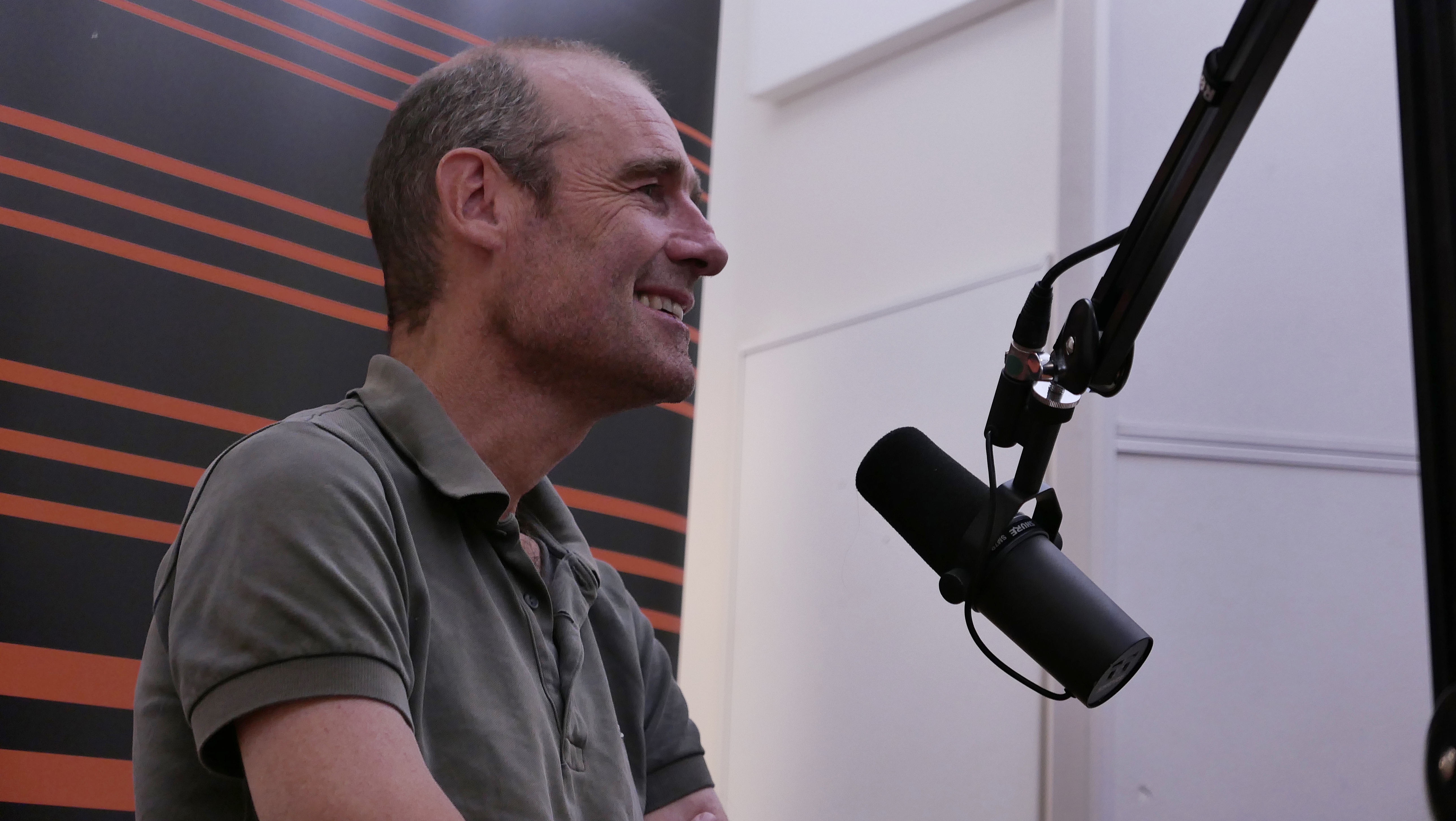
The full podcast episode is now out on all platforms. Listen here:
The podcast episode is available on all major listening platforms: Spotify, Apple Podcasts, Google Podcasts, Pocket Casts.
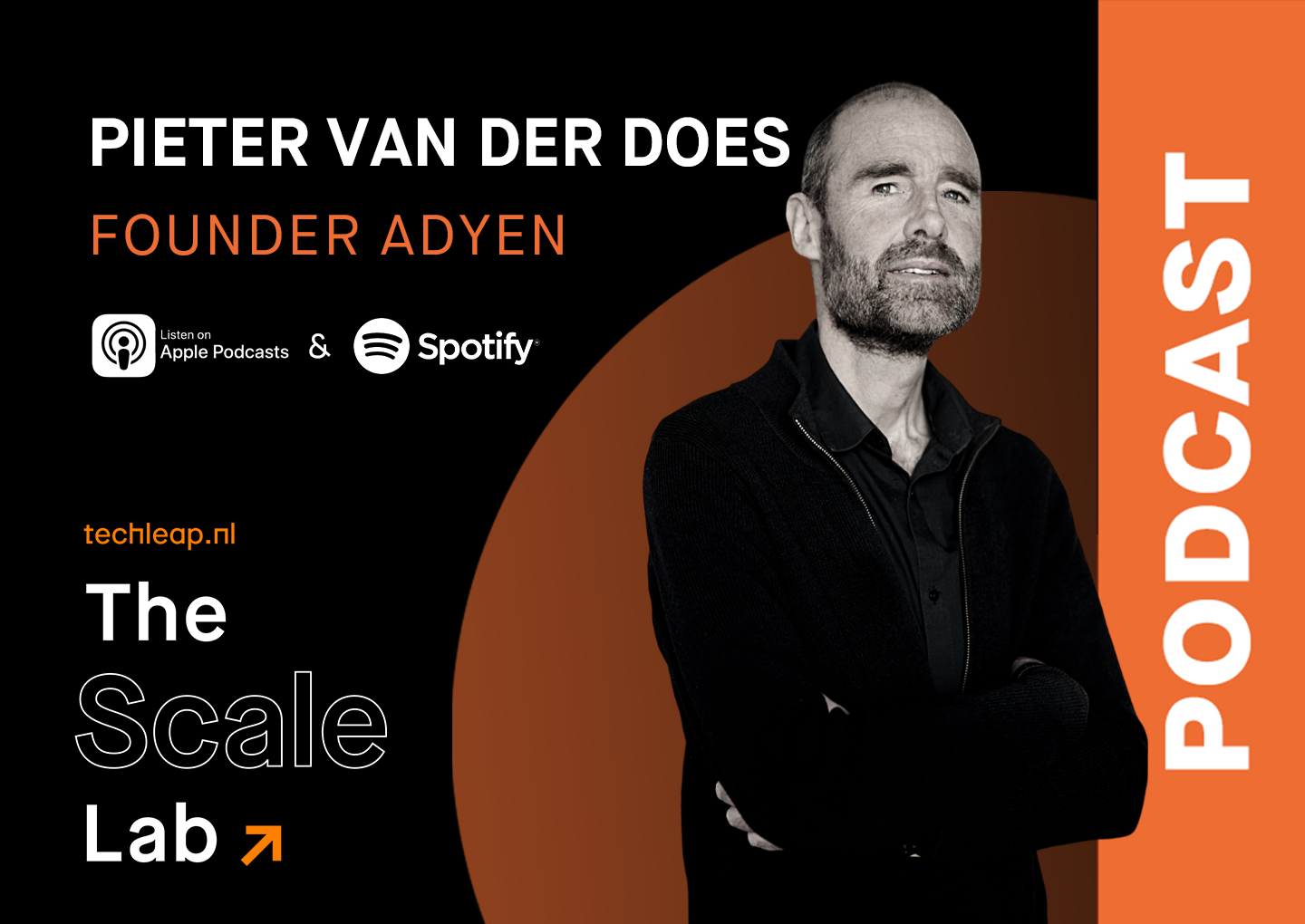

The podcast episode is available on all major listening platforms: Spotify, Apple Podcasts, Google Podcasts, Pocket Casts.
What makes Adyen successful? Within the following article, we summarised the key learnings we've gathered when deconstructing Pieter's founder story.
00:01:10
When we sold BiBit to the Royal Bank of Scotland, we had so many lessons learned. And when we sold the company we didn't think we would go back into payments. But 2 years later, we regrouped and thought of starting a company again.
We started a company called Adyen. At that time there were so many fragmented solutions. Our idea was to build in-house something that connects directly to the endpoint of payment and does not make a patchwork of systems.
We believed that if you could make this product of the highest quality possible, then you’d be able to sell it to the best companies in the market. So we had a very unusual market entry strategy and a very ambitious plan - we know this market, we're going to build something that outperforms and we directly target the high-end.
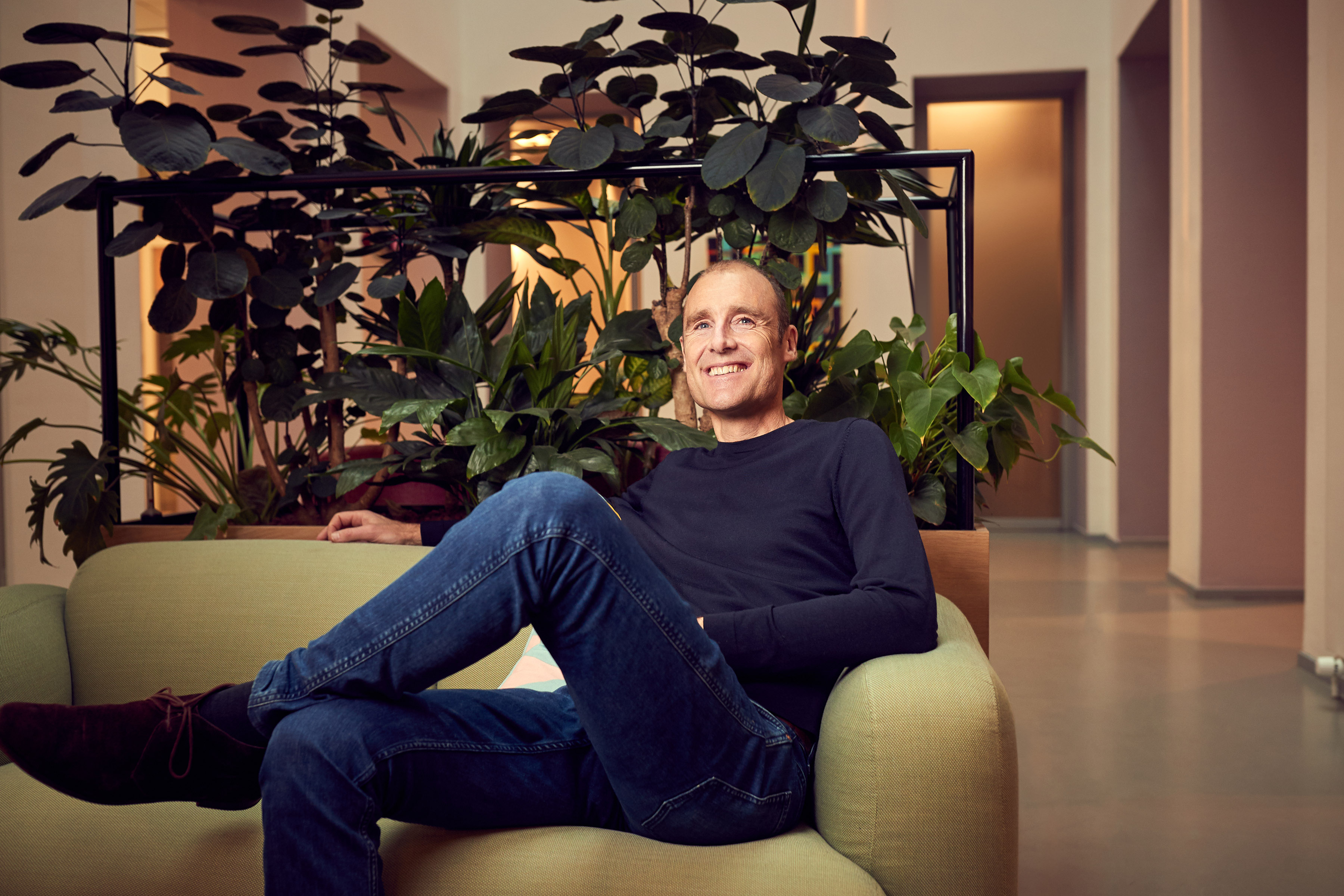
We saw that there is so much opportunity in payments and we have so much knowledge. It was attractive to be back in the industry.
00:03:05
Adyen is known for the Adyen formula, represented by principles of how we want people to operate. And a lot of those points are actually lessons learned in our first company.
At some point, we said - let's put that into a number of bullets. You can write anything in the formula. But we make sure that we always keep revisiting it. One of the points people will notice when they read the formula is to ‘pick up the phone’. Nobody solves problems by email. To add to that, we have a culture where people are empowered to personally contribute, and where career paths are unfixed. These are the learnings we took with us from Bibit. The formula has really shaped who we hire and how we operate together.
00:05:33
The board still oversees every hire, regardless of the role. You cannot be hired at Adyen without speaking to one of the six board members. The reason we do it is to put the bar high to ensure that only the best talent join Adyen.
With more than 100 different nationalities and more than 2000 employees, we have always had a high acceptance of quirky people, as we primarily look at the content of their contribution. We aim to make Adyen a safe place for very talented people.
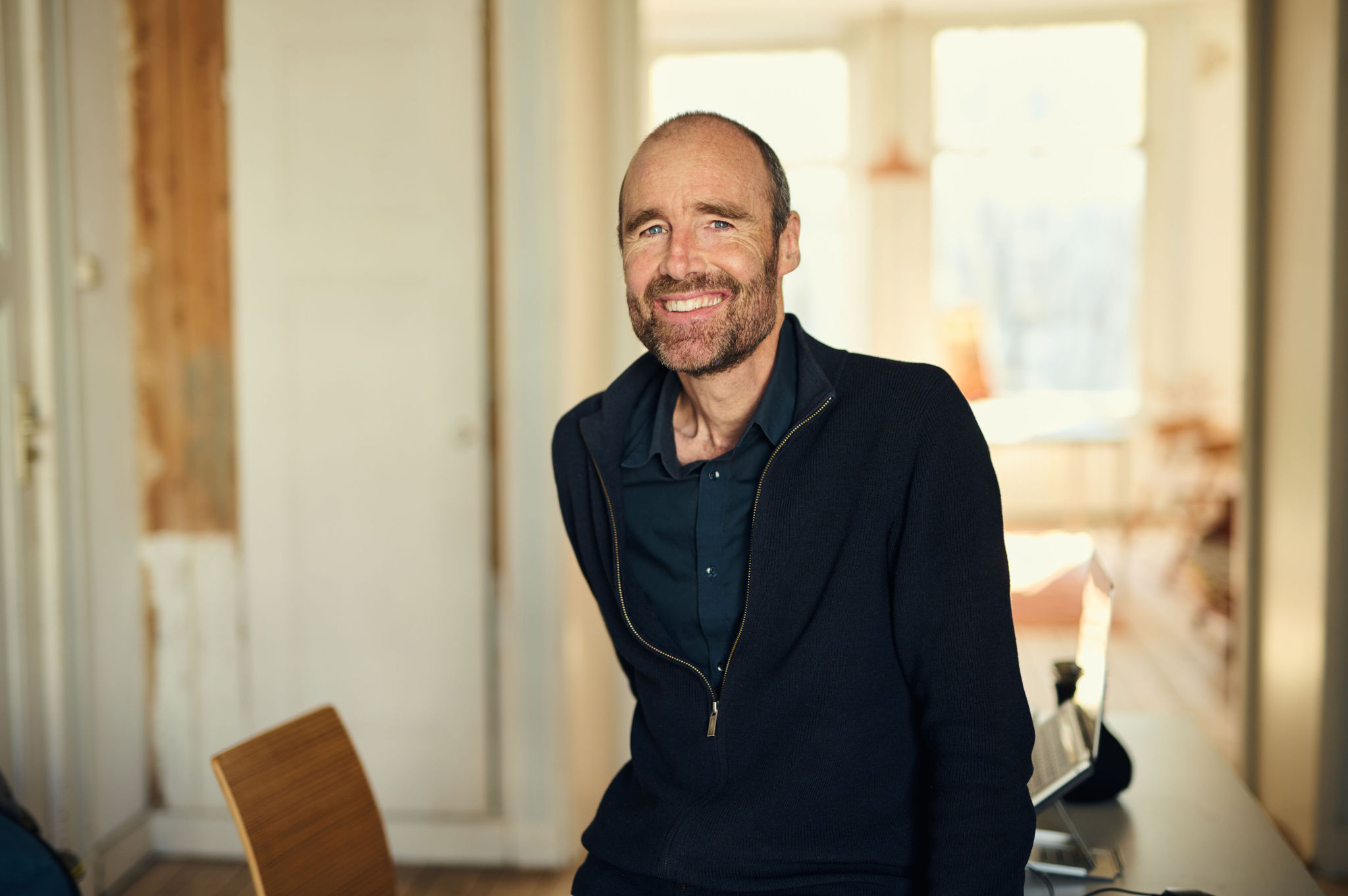
00:12:30
Yes, our first sizable merchant was in 2011, and we started in 2006. That took us 5 years. One of the difficult things to overcome at the beginning of your journey is that you need volume in payment. And when you just start with your business, you don't have it. So you're not relevant on the market. And if you're not relevant, then it's very difficult to get a merchant on board. Breaking through that problem is what took us time. And then a few years after 2011, we started to build a point of sale because we thought it's great to provide payments for internet companies.
We also saw that a lot of internet companies, such as CoolBlue, moved to physical stores, which was unexpected at that time. While we felt that the infrastructure we built actually worked really well for physical stores, it was particularly excellent for companies that had both online and offline presence.
00:14:31
We started the company with our own money. And then we brought a few angel investors, but angels with a good network. And only in 2011, we got our first VC. Back then we were doing quite well, it was the year when we broke even. So at the time, we didn't need the money, but it was the perfect opportunity to raise money without the pressure of time ticking away.
00:15:48
We were very early in talking to the largest companies. We did our first live transaction in the summer of 2007. In 2008 we were in Silicon Valley visiting all those large companies, which are now our merchants. But it was indeed 2011 when we started seeing material volume. One of our merchants - Groupon MyCityDeal - were using us in many countries, so we got a lot of volume with them. This has helped us in securing our position towards partner banks, because we had volume to offer. So this really brought us scale and we could see that the company is likely to become successful. It was all a question mark up until then. People think that in 2008 we already knew that we were going to be successful, but that's not the case.
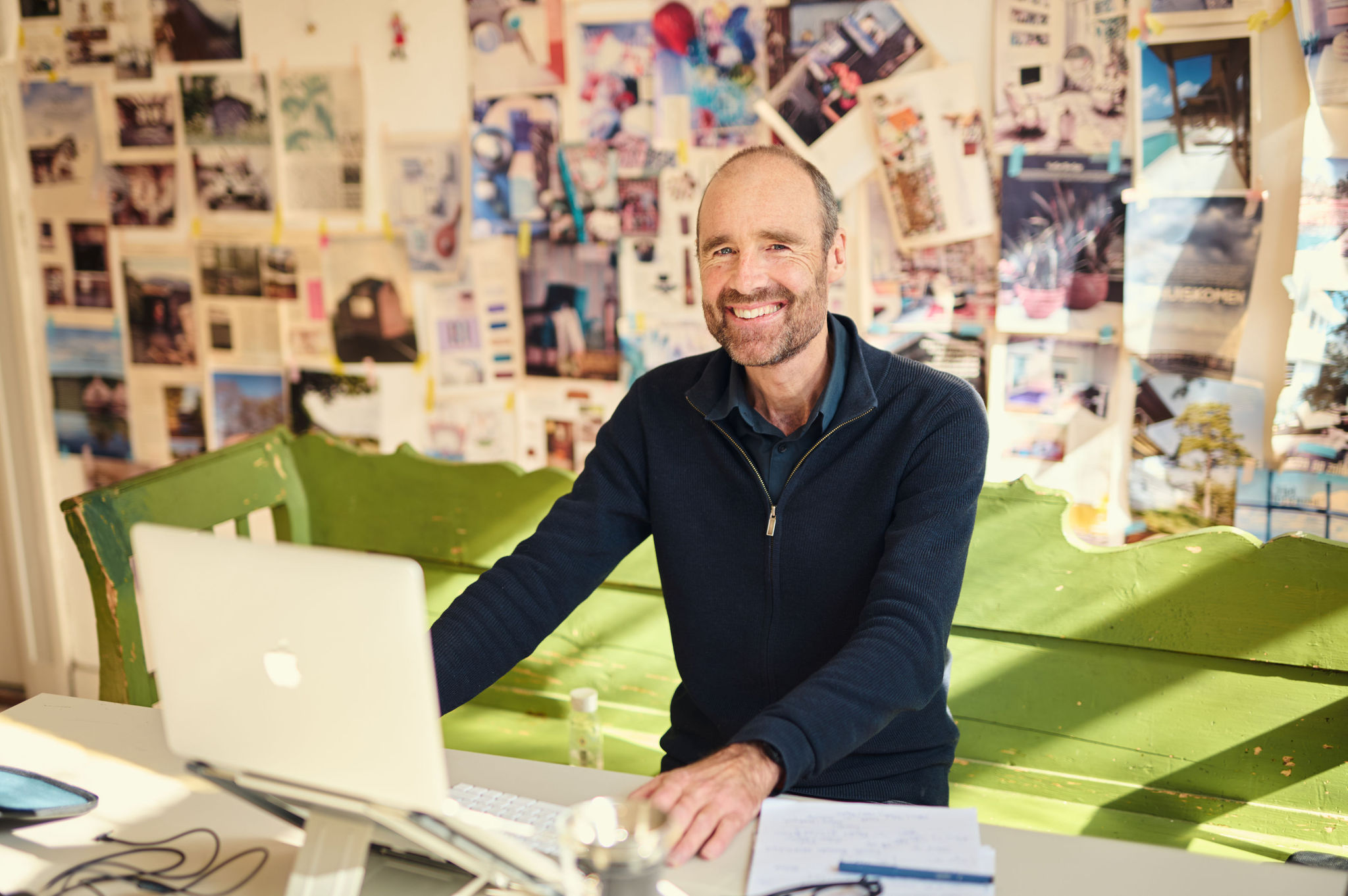
00:22:45
I can remember two crucial decisions. One is developing certain products, like the point of sale. That has helped us enormously during the pandemic when everything migrated online. And we were able to do it very seamlessly for the merchant. The second thing was obviously - not selling the company. We have turned down many offers along the way from the very first days when we were founded. Already then we got an offer to stop doing what we do and be acquired as a team. So along the way, on the road to IPO, we got many offers, frankly. And it’s not always easy to turn them down with your shareholders.
00:26:21
With the first company - you build something, see it run successfully, you sell it, you celebrate it. After selling Bibit, I stayed in the company for another two years, and as a result I had to run it under the umbrella of a larger company that made all sorts of decisions that I wouldn't personally make.
So when you start again with another company, you are very keen on not selling it. This implies that the decisions you take should be very different. Building something to keep, is like restoring a car. If you restore a car to sell it, the paint has to be great and the motor has to be running. But if you think you're going to do 200,000 miles yourself and you know you have a ton of problems hidden in the car, you will eventually encounter them yourself.
Similarly with Adyen, all the problems we have ever had in the business model, we encountered them ourselves at some point. So we really make sure we don’t have any problems with the business model because in seven years from today, we will still be running this company.
00:47:38
With Adyen we have a great preference for simplicity. Because if it’s simple, it’s easier for us to control it. So therefore we never made an acquisition. We only run one system. We only have engineers that are educated in the languages we use within the company. So we wanted to have a very simple relationship with our investors too - and simple for me means that if the current shareholders gain, the new shareholders gain too. And vice-versa.
Usually, in an investment round the new investors get liquidation preferences. So if the company hits a rough patch, then a shareholder with liquidation preferences might be tempted to sell their shares even when the offer is low, as they have their minimum return secured. And that's really bad for the entrepreneurs and the older shareholders.
We said there is always a risk and return. So we make the risk a little higher for investors and it’s up to investors to price it. This is how we approached our first investment round with the first big VC. We don’t want to give board seats because we are building a large company. And if you build a large company, you know that at a certain point you will need an independent board. So we didn’t want to give anything other than common shares.
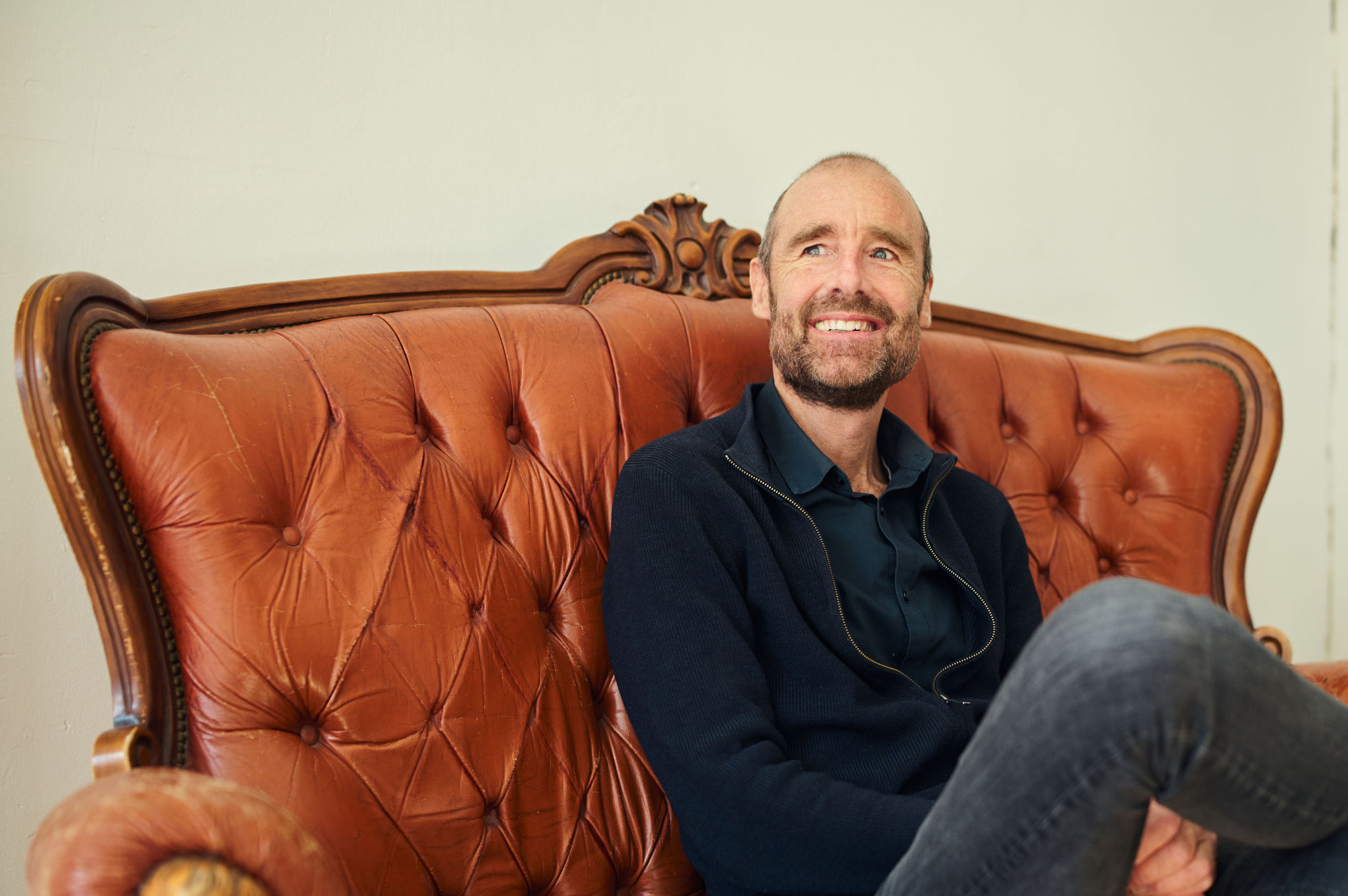
My advice to other companies would be - run a few scenarios when it comes to your investment strategy and make sure you are comfortable with it as a founder.
00:54:51
The US domestic market has been very difficult for us. It took us a long time before we were also getting domestic volumes, and before we became a domestic player. Now we have companies operating in the US only that work with Adyen. And to get there, it took us more than 10 years.
However, we have been in the US market since 2008 - so almost from the beginning of Adyen. It wasn’t that we first achieved European success and then tried to expand to the US, we were there from pretty much day one.
00:59:00
That’s a tough question to answer. It’s basically like saying to your kids - ’never get in a car with a drunk driver’. Will they listen to you? Or do you need to experience it first yourself to then say ‘I’ll never do it again’. I'm more a believer that you need to live it through to really understand it. Another piece of advice to myself and everyone else would be - if you are not really sure of a decision, you usually have more time than you think. Always be a calculated risk-taker.
1:04:08
I like to spend time with my children, so I'm a big fan of work-life balance and that's also something which you see within Adyen.
Even before COVID-19, we had a lot of people go home early, to then after having dinner with their families, be back online again. So people would always plan their day in different ways that suit them best. I think this is very important. Another thing is staying fit, of course. I make sure I am regularly doing my sports.
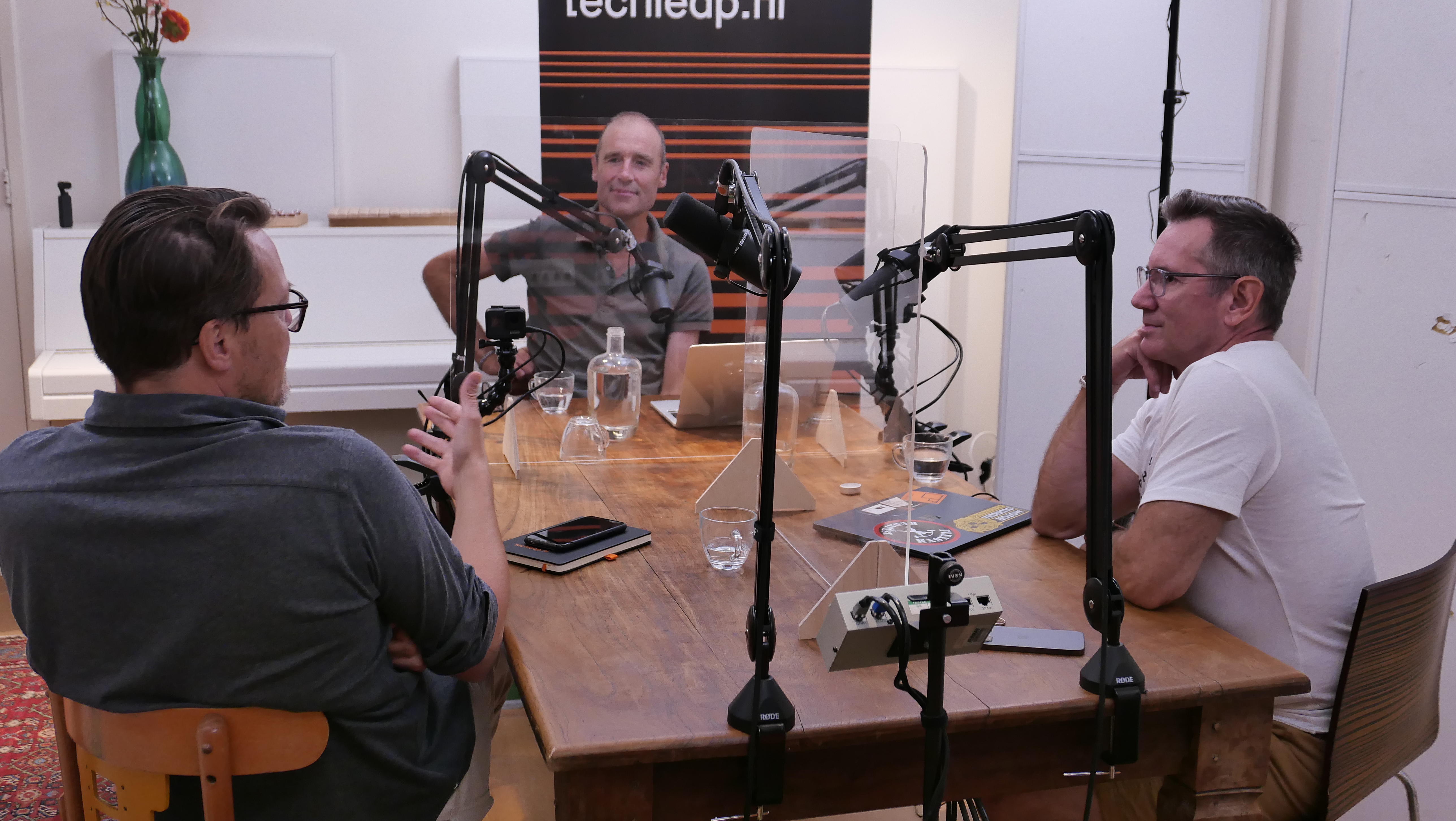
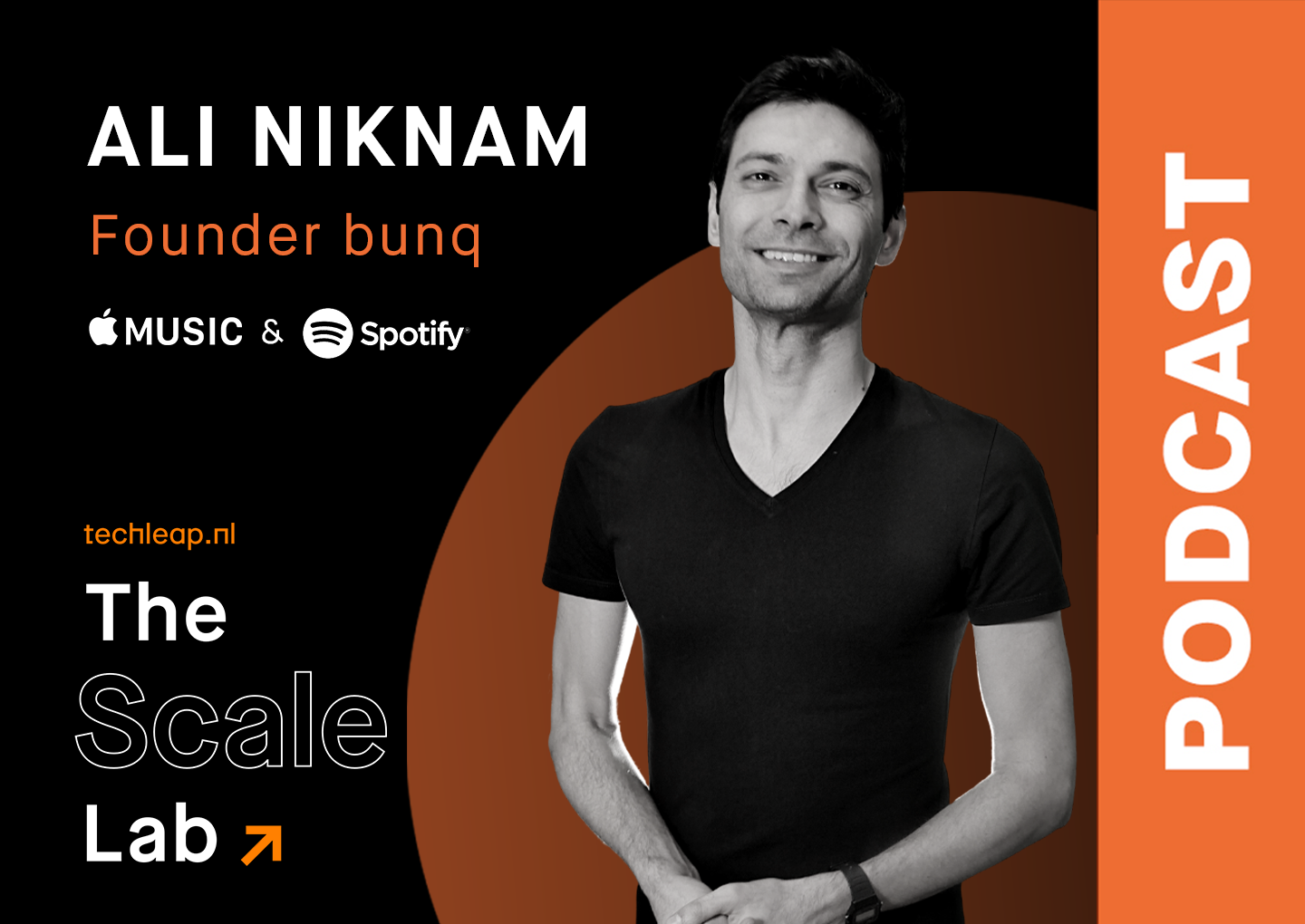
In this episode of The Scale Lab, we deconstruct the journey of Ali Niknam - the founder & CEO of bunq. Together with Ali, we go back in time to the roots of bunq and Ali’s beginnings as a founder. We discuss bunq's company culture and what the company stands for. Find out how bunq managed to raise $228 million and reach a $1.9 billion valuation.
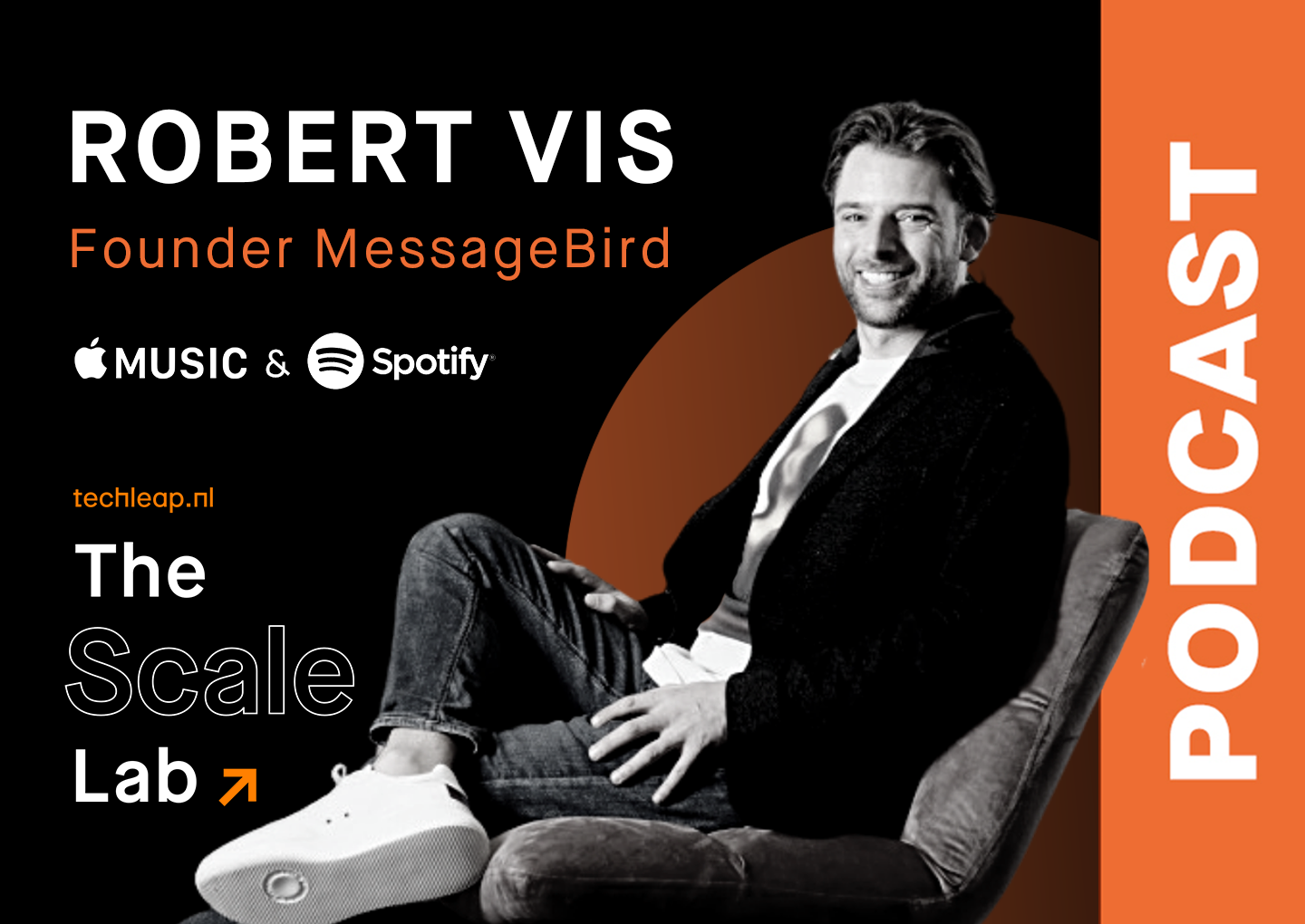
Episode #10 of The Scale Lab is dedicated to the entrepreneurial story of Robert Vis - the founder & CEO of MessageBird. Together with our hosts we dive into the origins of MessageBird, and follow Robert’s learnings about raising funding, building a sustainable company culture, and thinking globally from day one. What did Silicon Valley teach Robert? We’ve summarised the key points raised within this episode below.
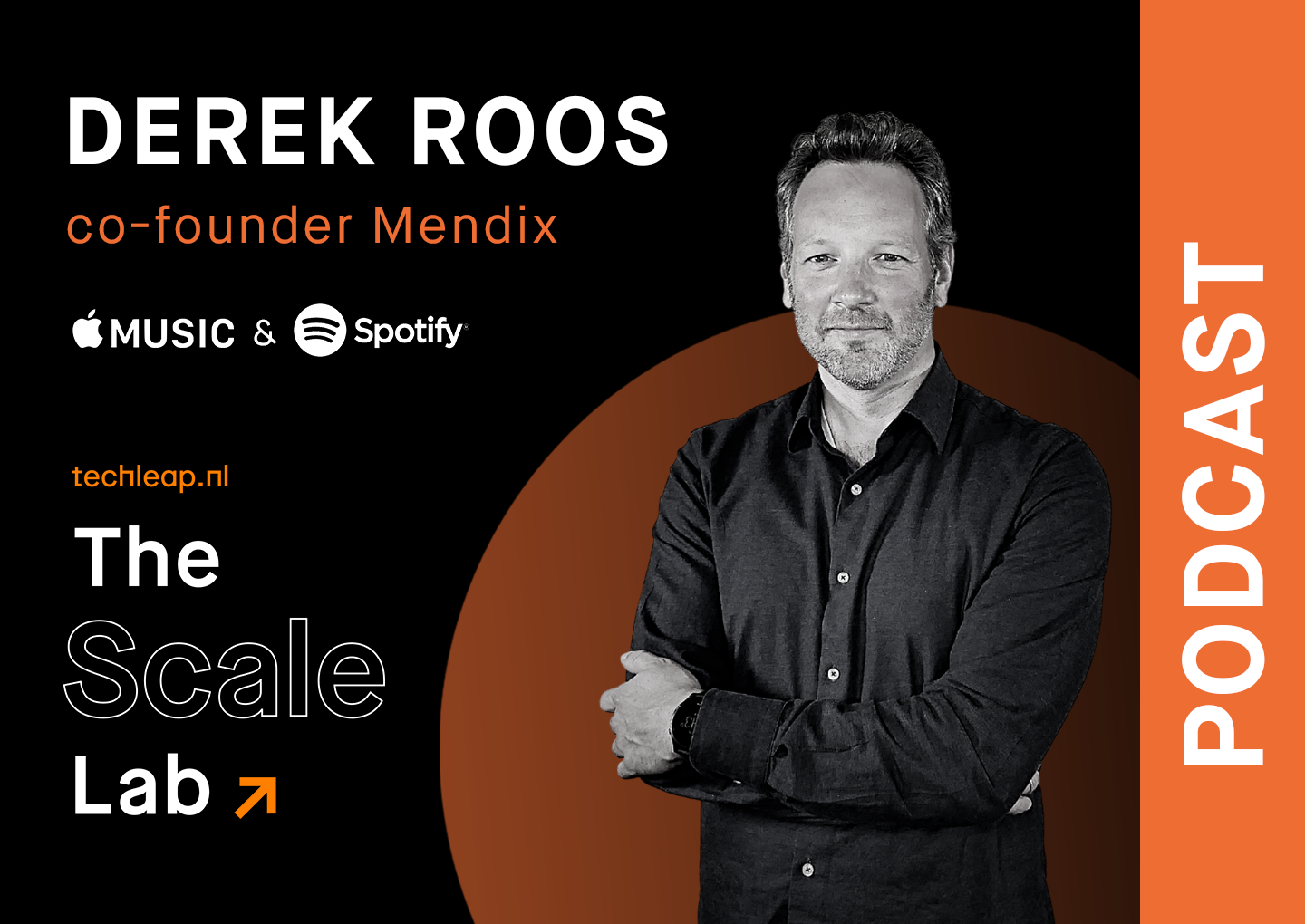
In this episode of The Scale Lab, we deconstruct the entrepreneurial journey of Derek Roos - the co-founder & CEO of Mendix.